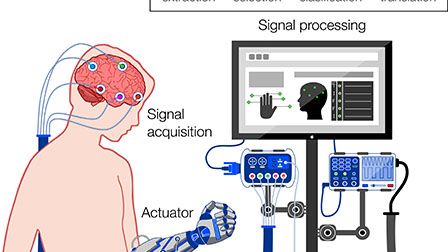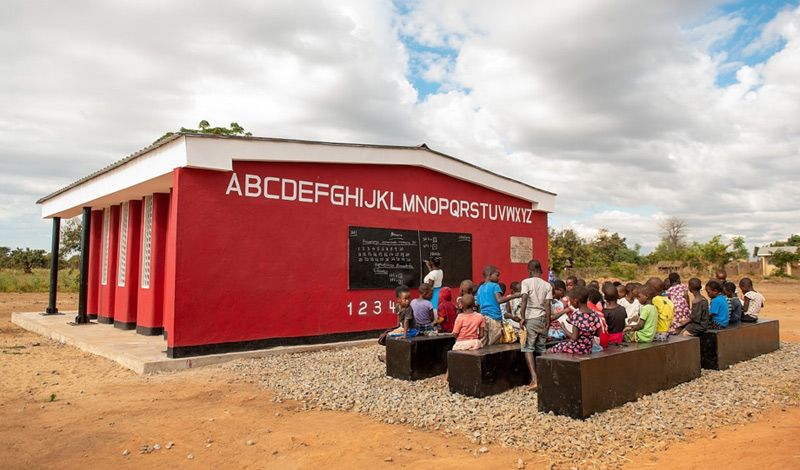Improving Quality Of Life & Health, For Hundreds Of Millions Globally, Suffering Food Allergies & Intolerances — Lisa Gable, Chief Executive Officer, Food Allergy Research & Education (FARE)
Lisa Gable is the Chief Executive Officer, of Food Allergy Research & Education (FARE — https://www.foodallergy.org), an organization with a mission to improve the quality of life and the health of 85 million Americans with food allergies and food intolerances, including 32 million of those are at risk for life-threatening anaphylaxis, and to provide them hope through the promise of new treatments. To date FARE has turned over $100 million in donor gifts into ground-breaking research and has provided a voice for the community, advocating on its behalf and offering hope for a better tomorrow.
Ms. Gable has served four U.S. presidents and two governors, counseled Fortune 500 CEOs, and represented global public-private partnerships and non-profits with an end goal of moving organizations to higher levels of performance.
As the former President of the Healthy Weight Commitment Foundation, Ms. Gable created and led a coalition of food and beverage industry corporations and public health and government agencies, resulting in the reduction of 6.4 trillion calories from the American diet.
Ms Gable was appointed the first female U.S. Commissioner General to the 2005 Aichi World EXPO, holding the personal rank of Ambassador, served as a U.S. Delegate to the United Nations Commission on the Status of Women, and served both in the Reagan White House and Defense Department, serving as an advisor to the Secretary of Defense and the Joint Chief of Staff.





